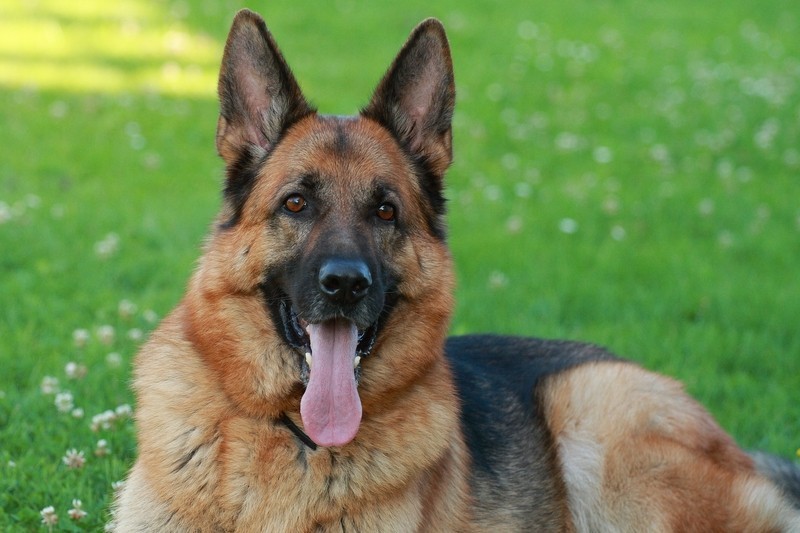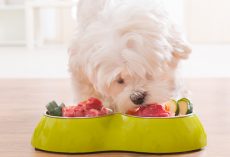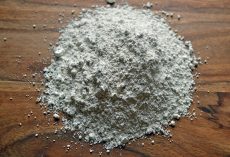How your feed your pooch today will have a huge impact on their health in the long run. Make sure their diet consists of digestible protein, less starch, and less fiber because all of these will help them digest their food much easier. There's also a lot more helpful health tips below:
What are These Digestive Differences?
• The weight of the intestines in large dogs is only 3 percent of their body weight compared to 7 percent in smaller breeds. This means there is less intestinal area for digestion and absorption of the nutrients in the diet.
• The time that food spends in the colon is longer for large breed dogs. That means that the colon bacteria have longer to ferment food products. This increases by-products that promote more water in the colon, causing more watery, frequent stools.What Are the Solutions to These Digestive Differences?
• More non-fermentable fiber in the diet.
• Increased protein digestibility. Large breed dogs experience poorer stool quality with less digestible protein.
Large dogs on homemade diets with highly digestible meat proteins tend to have much better stool quality.
• Resistant, gelatinized starch improves stool quality in large dogs.
What is the Take Home?
• Large dogs have different nutritional needs.
• Large dogs need less fermentable fiber in their diet.
• Large dogs need more digestible protein in their diet.
• Large dogs need less fermentable starch in their diet.
• Commercial diets may not be the best solution for large dogs.
It's valuable information to understand that your pooch has intestines that only consist of 3 percent of their body weight. If you'd like to learn more about how to take care of your large doggie read more health tips on Philly.









